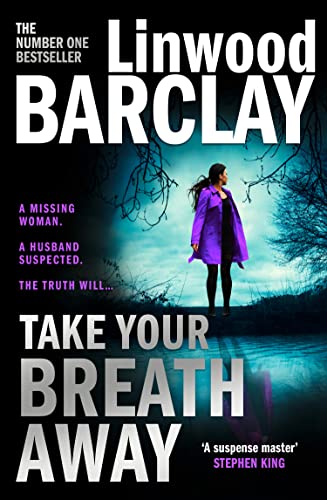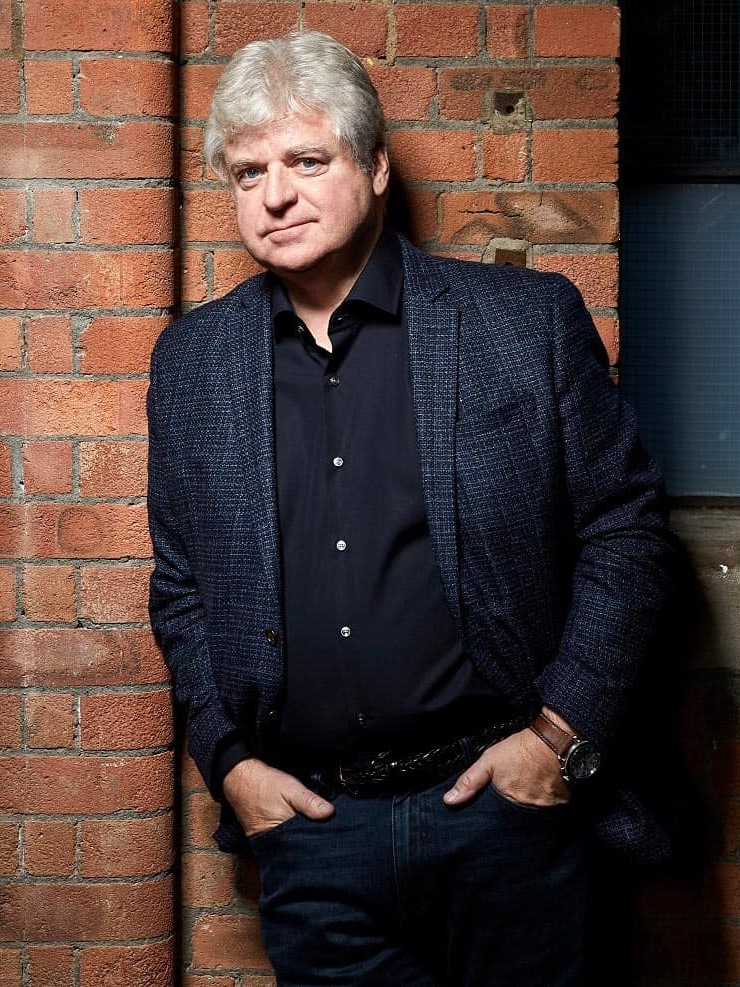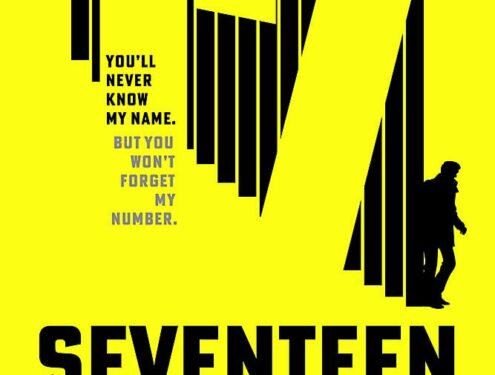CWA Ian Fleming Steel Dagger 2023 – Interview with Linwood Barclay
As we head towards the announcement of the winner of the 2023 CWA Ian Fleming Steel Dagger, we’ve been talking to some of the shortlisted authors to find out more about their thrilling novels. Next up we have Linwood Barclay and Take Your Breath Away.


How does it feel to be on the shortlist for the CWA Ian Fleming Steel Dagger?
I was probably into the James Bond novels by Ian Fleming before I’d even finished The Hardy Boys, and still have the yellowed Pan paperback editions to prove it, so to be considered for an award that has anything to do with that legacy is an honour. His books were, and remain, not just true page-turners, but classic, iconic works of entertainment.
How would you summarise Take Your Breath Away and what inspired you to tell this story?
I’d had this idea for some time about a woman who seemingly has been out running errands and when she returns home, there is a different structure standing there from when she left. “Where’s my house?” she cries. “What happened to my house?” But I couldn’t come up with a convincing, believable set of circumstances that had brought us to this moment, so I wrote another couple of novels while I let the idea percolate. Finally I decided it was time, sat down and wrote out a dozen explanations. (I ruled out alien abduction pretty early.) When I had something I knew would work, I started writing my “missing wife/suspected husband” story.
What is your writing process?
As noted in the previous question, I need a great hook before I begin a new book. I think John Irving said that every novel begins with a “what if.” When I have a “what if” I like, I spend a couple of weeks figuring out the broad strokes of the plot – who did what and why and how I want the story to conclude. But I don’t see the opportunities that exist until I get into the story. It’s a bit like getting in a car in New York and setting off to Los Angeles. You know where you are going but there are a hundred ways to get there. I write about 1,500 to 2,000 words a day, five days a week, and at that rate, should have a first draft in about three months. How good that first draft is will determine how many more weeks I need to work on it. I spent 30 years in newspapers so I don’t allow myself to get too precious about things. Deadlines are everything. It’s a job and it has to be done. (But it beats working in a bank.)
What advice would you give to aspiring thriller writers?
Same as for all aspiring writers: READ. The more you read, the more you learn. And don’t be intimidated by that blank Word document on your screen. Your first sentences don’t have to be perfect. You can always go back and change them later. And try not to be discouraged. I was writing novels in my teens and twenties, but my first one wasn’t published until I was 49. Finally, when your spouse or your parents read your book and tell you it’s brilliant, don’t believe them. What else can they say?
What is your favourite thriller and why?
Such a tough question. Probably the best one I’ve read in the last ten years is I Am Pilgrim, by Terry Hayes. What a masterpiece. Hayes doesn’t justify the acts of terrorists in this novel, but he goes a long way to explaining their motivations. It’s a doorstopper at more than 600 pages, but they just fly by. And of all time? It has to be William Goldman’s novel Marathon Man (which he later wrote the screenplay for). I read it when I was twenty, and what blew me away was its, for the time, unconventional structure. Each chapter seemed to have nothing to do with the one that came before or after it. We’re with a young man training for a marathon run. Now we’re with some assassin in Europe. And who are these two old guys in a road rage incident? Watching the threads come together is nothing short of joyous. You are in the hands of a master.

